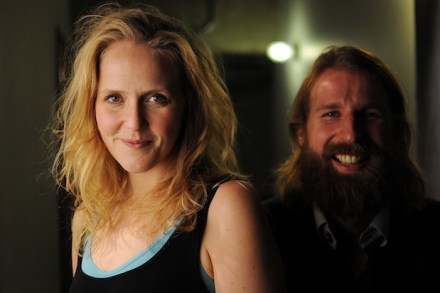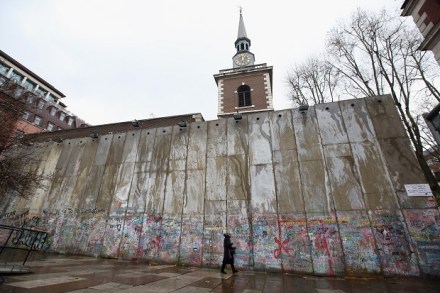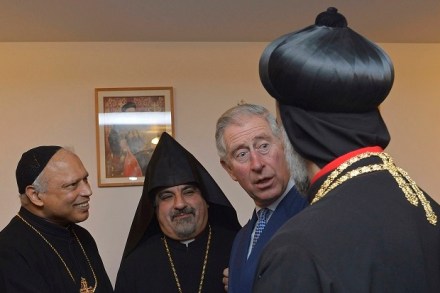Podcast: Cameron’s Northern Alliance, Christianity and the left, and the end of two-party politics
Is David Cameron’s new gameplan to look to the northern states for allies? Fraser Nelson is joined on the podcast by Stephen Booth of Open Europe, to discuss the influence that people such as the Dutch PM Mark Rutte – who has a clear and impressive reform plan – and Angela Merkel are having on our PM. Could Cameron really be serious about making Britain an honorary member of Scandinavia? And could this strategy really be enough to pull him through the next election? Ed West and Andrew Brown of The Guardian also discuss the church’s left-wing bias. Ed has written frequently about this issue in the Catholic church. But is this, in fact, an



















